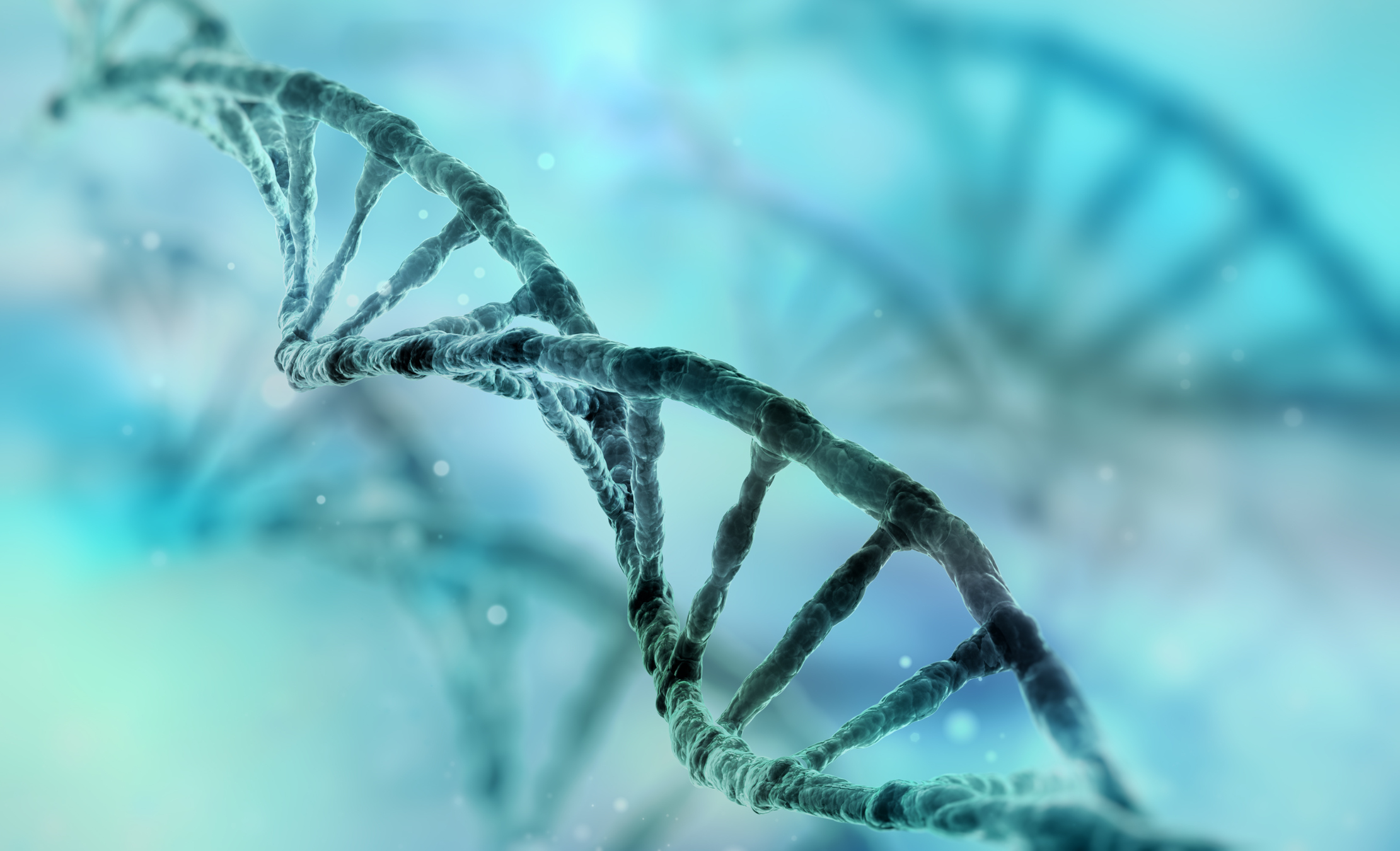Year: 2021
-

Northwestern Medicine Investigators Receive $14 Million Grant to Study Viral Pneumonia
An interdisciplinary team of Northwestern Medicine investigators led by Karen Ridge, PhD, has been awarded a $14 million grant from the National Heart, Lung, and Blood Institute to study the mechanisms that promote lung tissue repair in patients with severe viral pneumonia.
-

New Insights into the Mechanism of ALS
The damaging effects of toxic proteins created in one inherited form of amyotrophic lateral sclerosis (ALS) are mediated by an enzyme called SPOP.
-

A New Way to Improve Skilled Movements Via Sleep
The ability to learn novel physical movements, similar to those taught in rehabilitation for people with stroke, can be improved by reactivating specific memories of the new task during sleep, according to a new study.
-

Les Turner ALS Symposium Celebrates Advances in Research and Patient Care
Northwestern scientists and clinicians demonstrated their continued commitment to advancing knowledge and therapies for amyotrophic lateral sclerosis during the 11th annual Les Turner Symposium on ALS.
-

Gene Therapy Boosts Parkinson’s Disease Drug Benefits
A new Northwestern Medicine study published in Nature explains why dopamine neurons are lost in Parkinson’s disease, and demonstrated that a gene therapy targeting the brain’s substantia nigra can substantially boost the benefits of levodopa, an important medication for treating the disease.
-

Feinberg MD Program Receives Full LCME Accreditation
Northwestern University Feinberg School of Medicine has received a full eight-year accreditation by the Liaison Committee of Medical Education, the accrediting authority for medical education programs leading to the MD degree.
-

New Drug Effective in Ulcerative Colitis
A new drug improved management of ulcerative colitis, according to a study published in NEJM.
-

Accomplished Physician-Scientist Named Chief of Organ Transplantation
Satish N. Nadig, MD, PhD, has been named chief of Organ Transplantation in the Department of Surgery and director of the Comprehensive Transplant Center.
-

Investigating Mechanisms Behind Early HIV-1 Infection
Northwestern Medicine investigators have discovered that a microtubule regulatory protein inhibits early HIV type 1 (HIV-1) infection.
-

Encoding Hierarchical Assembly Pathways of Proteins
Northwestern investigators have identified a novel approach to control the hierarchical assembly of protein pathways with DNA, which may facilitate the construction of synthetic protein materials.






